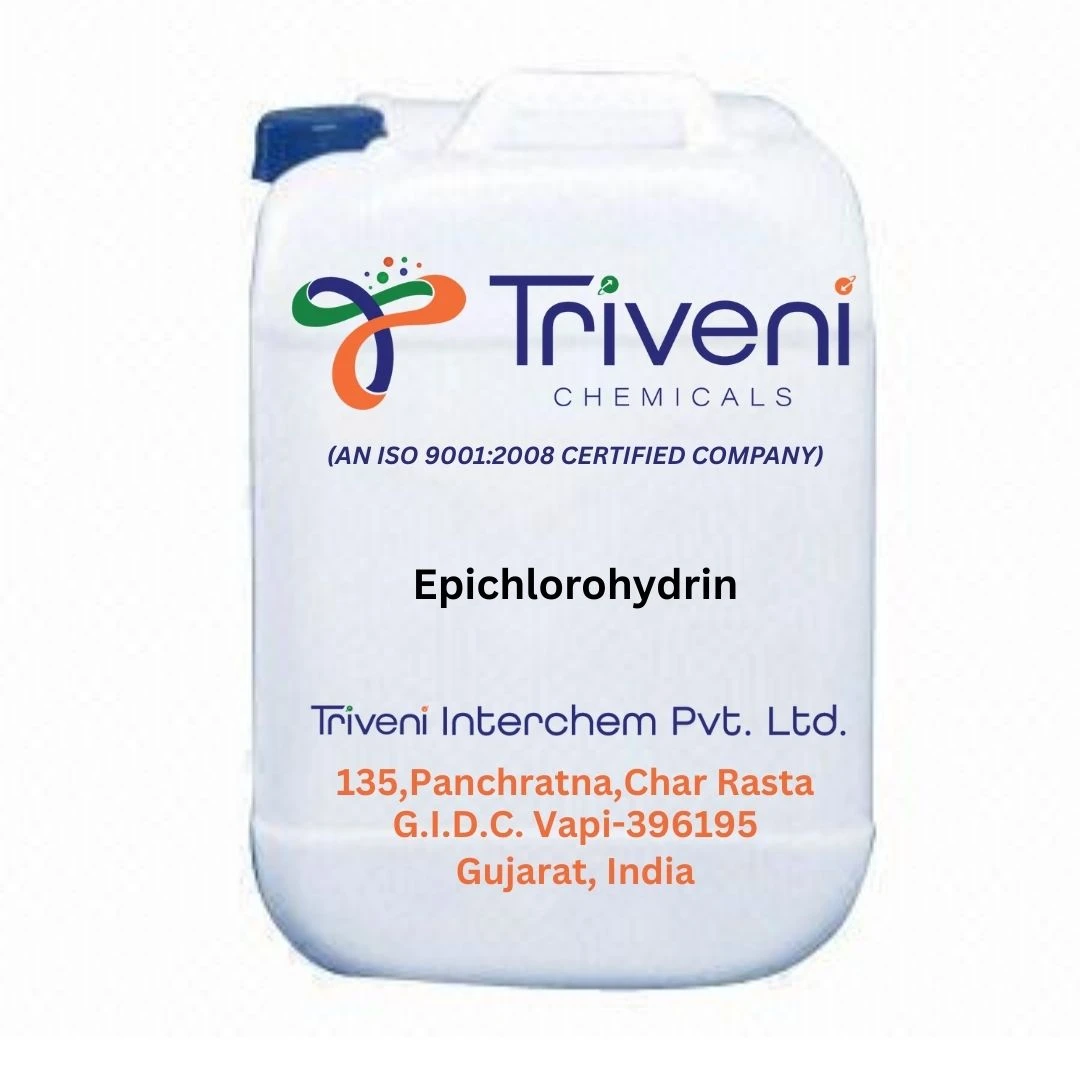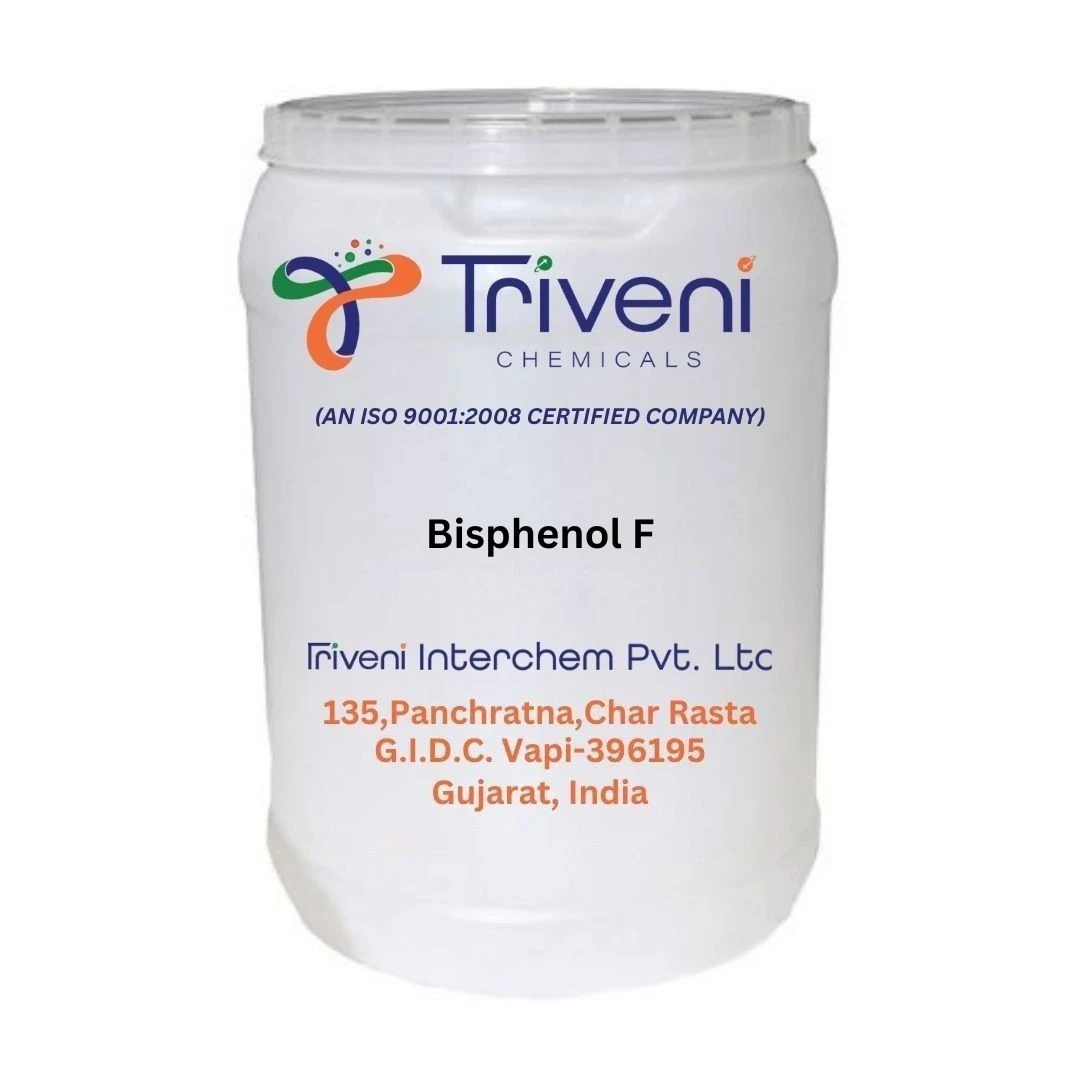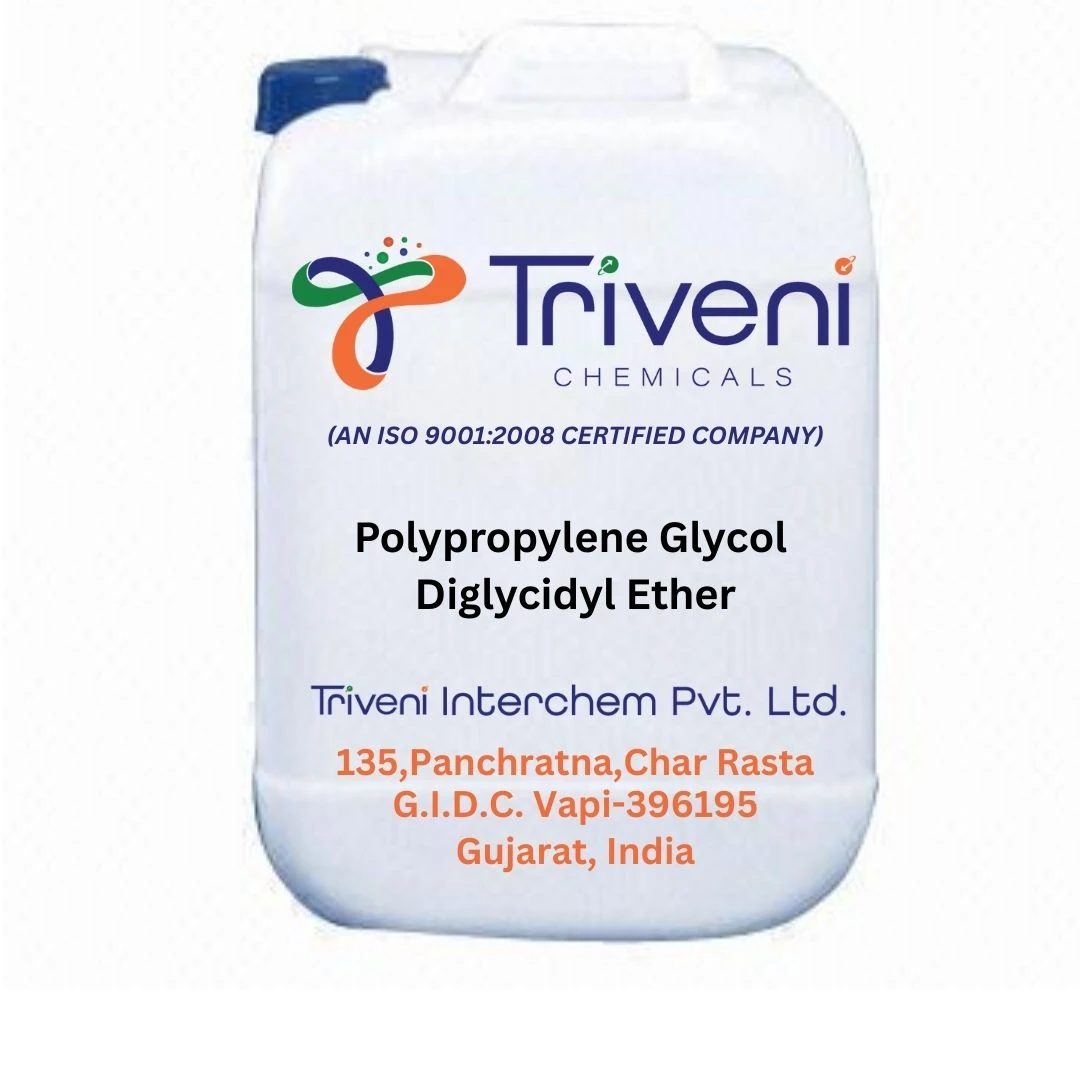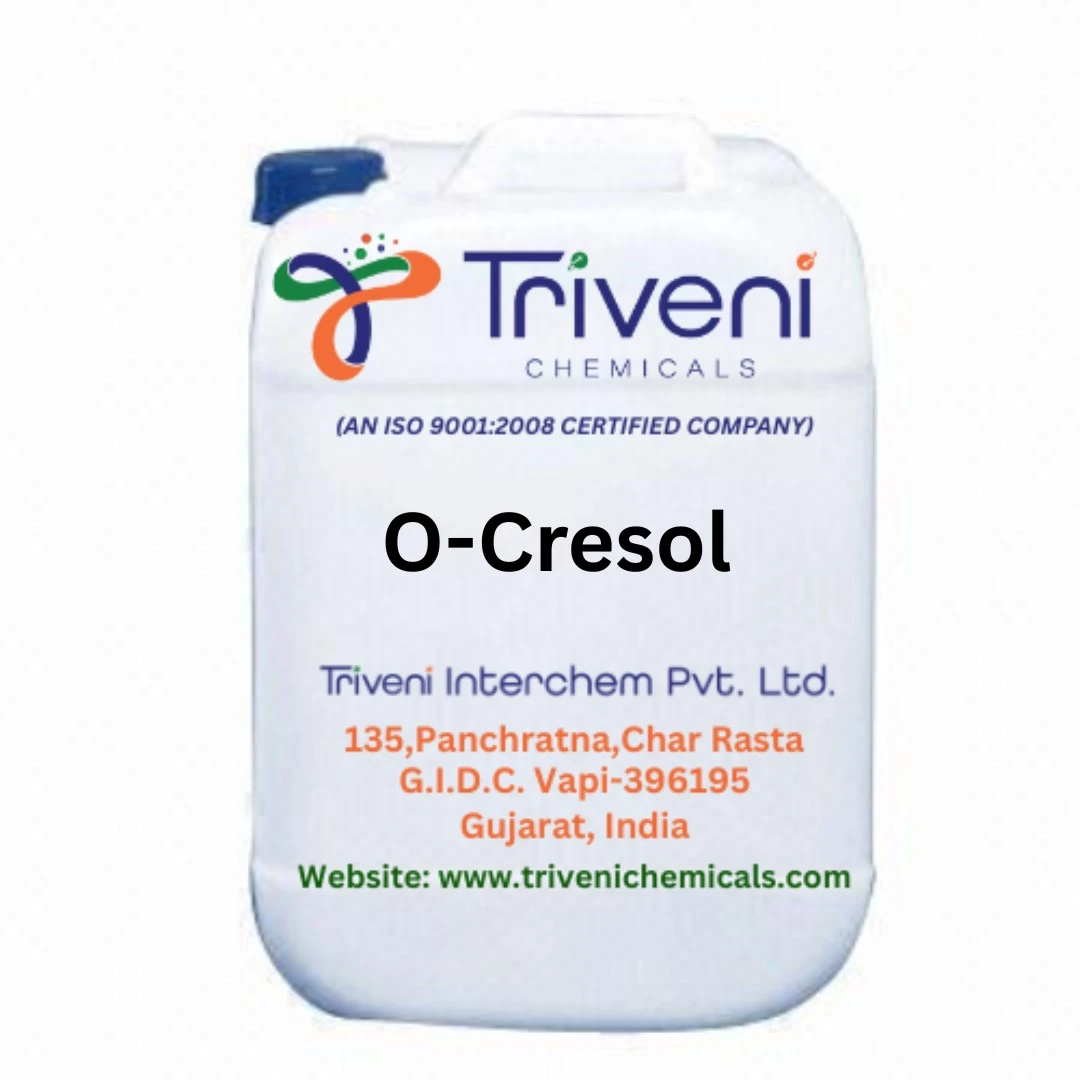Epoxy resins are versatile thermosetting polymers known for their strong adhesive characteristics, toughness, and broad application across a variety of sectors. These resins, made primarily of prepolymers and curatives, are created when epoxide groups react with hardening agents, resulting in a strong, cross-linked polymer network. Here's an outline of their..
Epoxy resins are versatile thermosetting polymers known for their strong adhesive characteristics, toughness, and broad application across a variety of sectors. These resins, made primarily of prepolymers and curatives, are created when epoxide groups react with hardening agents, resulting in a strong, cross-linked polymer network. Here's an outline of their composition, applications, and features. Epoxy resins typically have two components: epoxide monomers and curing agents. Epoxide monomers, which are usually generated from petroleum resources, contain epoxide groups that can polymerize. Curing chemicals, usually amines or acids, start the cross-linking process by interacting with the epoxide groups, producing strong covalent connections, and hardening the resin. Characteristics: Epoxy resins have excellent bonding properties, sticking well to a variety of materials such as metals, plastics, glass, wood, and even composites. Chemical Resistance: They are resistant to chemicals, making them acceptable for use in situations containing solvents, acids, and other caustic compounds. Mechanical Properties: Epoxy resins have great mechanical strength, stiffness, and dimensional stability, which adds durability and structural integrity to the materials they reinforce. Temperature Resistance: These resins can resist temperatures ranging from below zero to extremely hot. Applications: Construction and Infrastructure: Because of their strength and adhesive properties, they are widely used in construction to connect concrete, strengthening structures, and generating lasting floor coatings. Aerospace and automobile: Because of their lightweight yet robust qualities, they are used in aviation and automobile components, helping to create high-performance composite materials. Electronics: Due to its electrical insulation and resistance to moisture and chemicals, it is used in electronic devices, circuit boards, and the encapsulation of delicate components. Art and Crafts: They are popular in crafts, jewelry-making, and art due to their clear, glossy finish and ability to cling to many substrates. Handling epoxy resins with caution is crucial due to the potential for skin irritation or allergic responses from uncured components, despite their numerous benefits. Proper ventilation and protective equipment are suggested for handling and application. Epoxy resins continue to evolve, with continued research aimed at improving their qualities, investigating eco-friendly alternatives, and broadening their usage across industries.






